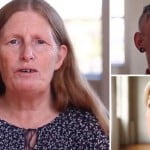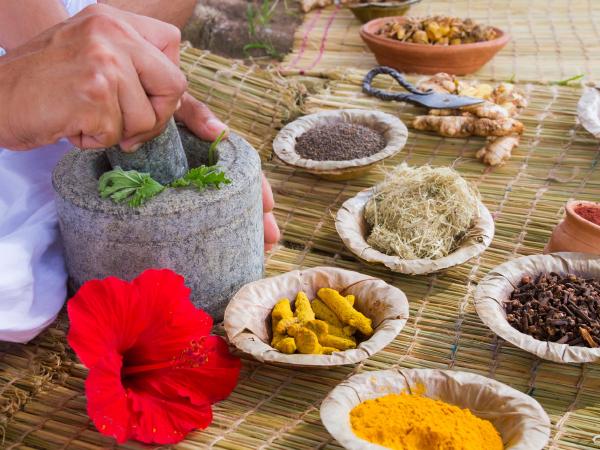THEY see us at our most vulnerable and they don’t bat an eye. But what’s really going through you doctor’s mind as you peel down your pants?
Melbourne emergency room doctor Peter* tells Alice Williams.
EMBARRASSING BODIES
If someone asks me to look at something weird on their genitals, I don’t get squeamish. I think “Oh God, I need to get a chaperone or else I’ll get sued.”
People do come in with things stuck up their butts, but not often. You have to keep a straight face. A woman came into the ER recently, well-dressed, business suit, and calmly told us her husband would be home from overseas in two hours and she had a sex toy stuck in her bottom and she couldn’t get it out. They had to get a surgical team.
I had an 18-year-old pill popper who’d taken 50 viagra and couldn’t get it down. But you have to get it down — it becomes a medical emergency. They party all night then want to perform at 5am so they take a whole box. We had to cut it to let the blood out.
It’s true that we put non-kosher abbreviations on people’s charts. FLK = Funny-looking kid. PFO = Pissed and Fell Over.
DRUGS, ALCOHOL AND OBESITY
With something like obesity, people in health care see these patients the way the community sees these patients — with disdain. Similar to drug addicts, as in “they’ve done it to themselves”.
It’s not seen as an addiction or a hard medical problem, even though it’s behind everything — heart disease, blood pressure, joint and mobility issues. We get them a dietitian and a psych review, but that’s worth virtually nothing.
They’re bingeing for a reason. Nutritional information and suggesting smaller meals won’t work. The psych team might diagnose depression, anxiety, or bipolar, but they just give them meds which might make them bigger.
My personal opinion is we need to treat it like an addiction and create an allied health pathway like AA or Narcotics Anonymous. Give them group therapy, don’t just throw a diet at them or medication. Instead we offer them a lap band.

Obviously people have learnt nothing from Meredith and Cristina in Grey’s Anatomy.Source:Supplied
GENDER BIAS
There’s been a lot of media attention about female staff being harassed by senior doctors, but they also cop it from the patients who flat out refuse to deal with women doctors because they think they’re less credible.
When I was a junior doctor, we had a patient admitted to the ward following a motor vehicle accident. When my colleague, an attractive blonde woman, approached the patient’s mother to talk about her son’s care, the mother just went nuts: “How come you’re involved, where’s the real doctor?” I had to step in, and even though I had exactly the same level of experience as my colleague, the mother basically told her to f**k off because her son needed a ‘real’ doctor like me.
THE CULTURE
No one gets through medical training without being bullied. It’s systematic. You’re under pressure and under-resourced, so you condescend and humiliate someone down the chain.
But the medical community won’t tackle bullying culture because it has no incentive to do so.
DR GOOGLE AND THE ‘WORRIED WELL’
The ‘worried well’ come in with headache or abdominal pain, type whatever tests we’re running into Dr Google and convince themselves it’s something more sinister.
Usually anxiety is behind it. Some trauma or domestic situation they’re not dealing with, so they get fixated on a medical issue. Then they go through all the GPs and ERs, doctor shopping until they get the answer they want.
ALTERNATIVE HEALTH
I had a kid who didn’t get a tetanus shot he needed because his mum knew anti-vaxxers. We couldn’t convince her, so we just had to get her to sign something to show that we’d offered it.
I don’t believe the medical profession know everything, but there’s no massive conspiracy to prevent people using alternative medicine. We say “all these herbal remedies aren’t hurting, but try this as well”. The placebo effect is a real phenomenon — so if someone’s doing something that they feel helps, as long as it’s not doing harm, do it.
A GOOD DAY
It’s a common misconception that doctors go home feeling great because they’re making such a difference. If the outcome is a life is saved, it’s never one person “laying the hands on the chest” and healing them, it’s because 20 to 30 people were involved.
The satisfaction is really about the people you come into contact with.
I recently had a young patient whose treatment quickly took a palliative route. For me dealing with his carers and being sensitive to their issues is when medicine is satisfying. That family will remember how they were treated for the rest of their lives. It’s a privilege to be involved in those cases.
[SOURCE :-news]




